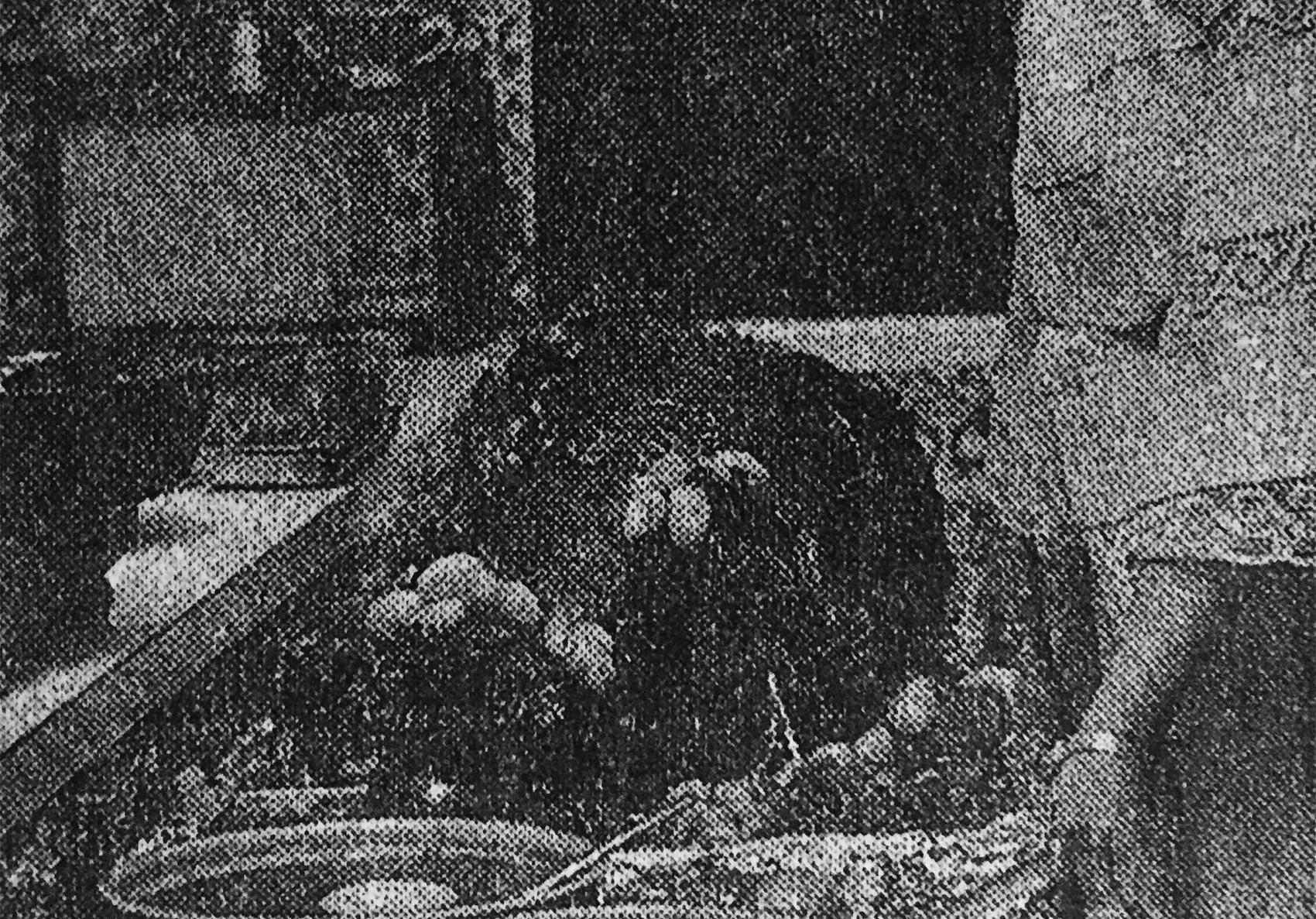When you pick up The Sellout, by Paul Beatty, please don’t read the back cover. While essentially true, it has the same problem as the blurb of any good book: it oversimplifies the novel into something that it actually isn’t. The first time I picked up the book, I read the back cover and then put it down. The same process occurred the next three times I considered adding it to my ever-impending reading list. I just wasn’t interested in another anger-driven, “rage against the man,” drama-filled opinion piece. The current American political situation provides more than enough headlines of blind hatred and negativity as it is. When I finally bought the novel as part of my quest to read all the Man Booker prize-winners, I was blown away. Rather than a family drama unfolding into an outlandish scheme, the novel is—like its protagonist—intelligent, good-humoured, and fed up with a lack of action in the world around it. As a Man Booker winner, it bears greater resemblance to Marlon James’ A Brief History of Seven Killings (although it is markedly more brief) than to, say, Hilary Mantel’s historical dramas or Julian Barnes’ introspective societal commentary. The Sellout is far more politically and socially relevant. While not as grounded or perhaps as intense a read as James’ masterpiece, The Sellout and its protagonist, Me, inspire more critical examination of what is going on in the news and also on campus.

For many of us, getting through Reed without a good pair of headphones or earbuds would be impossible. So here’s a playlist that will possibly help you deal whatever Reed is throwing your way. The main theme for this week’s playlist is change and uncertainty. Whether you’re a first-year or a senior, the first few weeks of school will always leave you with an unsettling mix of feelings. Personally, the weirdest part of the start of a semester is the time I spend walking to and from class. I always end up missing some old faces and having to adjust to some new ones. I made this playlist because to me it feels like the right mixture of sad yet sweet, anxious yet hopeful.

In a previous Cultural Column on famous movie monsters last semester, I mentioned the upcoming movie The Shape of Water’s potential to tell a story of radical empathy. Having now seen the film, I can say with certainty that the film delivers on that potential—The Shape of Water is a beautiful tale told with passion, and a massive accomplishment for director del Toro.

Fried plantains, a.k.a. “tostones” in Puerto Rico and Cuba, are eaten in many Latin American countries, especially in the Caribbean. I’ve decided to share my abuela’s version of the popular dish, adding a little Puerto Rican flair to the Grail in the process. Although tostones are generally served as a side dish, I’ve added a recipe for a dip so that, if you so choose, you can serve the tostones as a snack.
Plátanos fritos se comen en muchísimas partes de Latinoamérica, especialmente en el Caribe. He decidido compartir la receta de mi abuela de este platillo popular, dándole un toque puertorriqueño a the Grail en el proceso. Aunque los tostones generalmente se sirven como acompañamiento para otro plato, he incluido un mojo por si quieres servirlos como un tentempié.

Only around three-hundred men stormed the Winter Palace in 1917. The process was slow, with red guards climbing onto ledges and struggling to break windows to gain entrance to the seat of the Provisional Government. But it was with this occupation that the world was forever changed.

